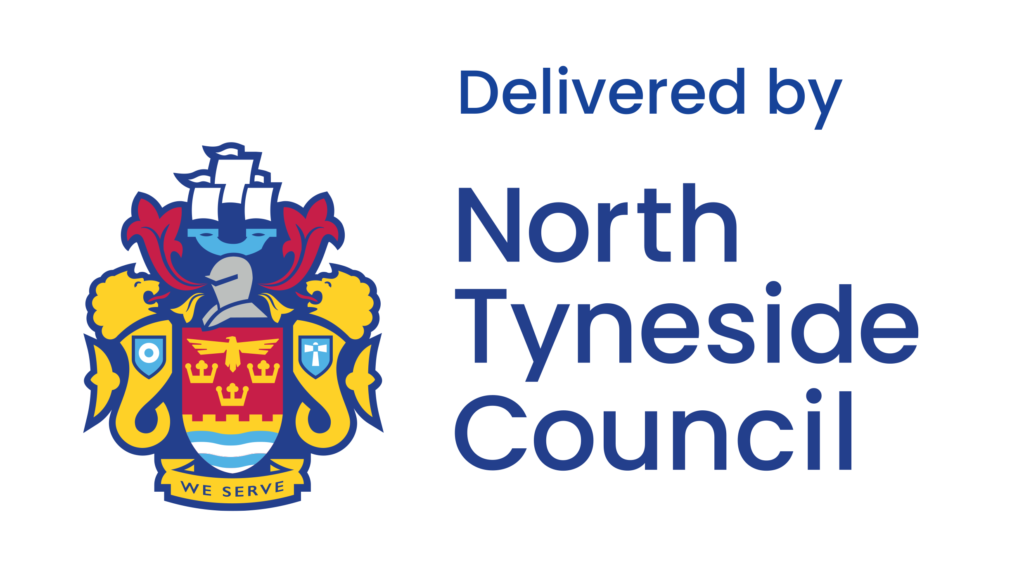Personal Assistant
A personal assistant is ideal if you have the the ability to work on your own initiative, good listening and communication skills, display flexibility and good time management as well as interpersonal skills.
Personal assistants usually support individuals in their own home or to go out in the community.
Day-to-day activities
You’ll work directly with one or more individuals to help them with various aspects of their daily life, to help them live as independently as possible.
You’ll be employed directly by an individual who’s managing and paying for their own care through a social care direct payment or personal budget.
Your role might include:
- Organising and supporting individuals with their social and physical activities.
- Booking and going with individuals to appointments.
- Helping with personal care such as showering and dressing (although not all PA roles involve personal care).
- Supporting with tasks around the house such as shopping, cleaning and cooking.
- Monitoring their health for example measuring body temperatures or administering medication..

Requirements for the role
Skills
What you’ll need:
- When you start in your role you should do an induction which includes training necessary for your role such as health and safety, first aid and moving and handling. You might also receive specific training depending on their individual care needs.
- It might also be useful to have experience working in a similar role or with vulnerable adults. You could gain this experience through a work placement, from your personal life, through volunteering or as part of a traineeship or apprenticeship.
- An enhanced DBS (Disclosure and Barring Service) check would be required.
You’ll be employed directly by an individual. You can be employed directly by one employer or work for a number of different people.
Qualifications
Additionally:
- Your employer might ask that you have qualifications showing good English and number skills such as GCSE in English and maths. It might also be helpful to have a social care qualification, but this can be completes once you’re hired.
Training & Progression
Progressing your career:
- When in your role you could do a vocational qualification or a continuing professional development qualification such as dementia, end of life or autism care.
- There may be opportunities to progress into senior personal assistant roles where you’re responsible for organising rotas, training or wages.
- You might also choose to go into other roles such as an advocacy worker, care worker or rehabilitation worker.
- View our career pathways tool to help guide you with your future in social care.
- Browse our learning opportunities page to help get the support you are looking for.
Your employer might pay for you to do these qualifications via individual employer funding, or you could apply for an advanced learner loan to pay for them yourself.
Being a personal assistant can also be great experience to support your University application to become a social worker, nurse or occupational therapist.
View our career pathways tool to help guide you with your future in social care.
Browse our learning opportunities page to help get the support you are looking for.

